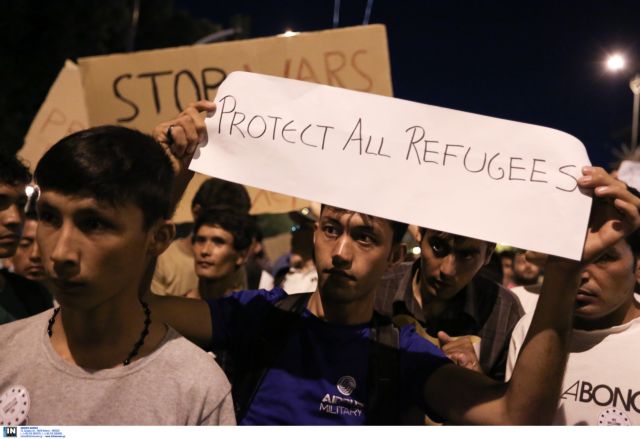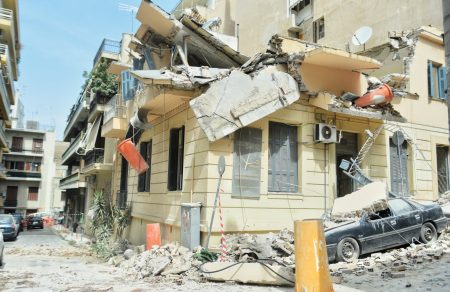The European Union’s Ministers of Interior will gather in Brussels to hold an emergency summit at 4pm (Athens time) on Monday, in order to address the escalating refugee and migration crisis. It has been estimated that the number of refugees to arrive in the EU this year is just under 500,000.
With the situation in the eastern and southern borders of the EU becoming increasingly dramatic, the European Commission has made a proposal for the relocation of 120,000 refugees from Greece, Italy and Hungary to other EU countries. A similar plan submitted earlier this year though, involving far fewer refugees, caused controversy among many EU members who appear unwilling to participate.
Denmark, Great Britain and Ireland have all been excluded from the Commission’s first plan, although Ireland and GB have since announced that they will take in some refugees, albeit with a variety of conditions in place. According to the European Commission’s proposal, Germany, France and Spain will receive the bulk of refugees. Although Paris was hesitant at first, it has decided to back the proposal. Italy however has asked for a revision of the plans and the Dublin treaties.
The greatest resistance has come from Eastern European countries, with the Czech Republic and Slovakia threatening to veto any decisions that with a compulsory nature. Poland has softened its stance and is willing to negotiate accepting refugees, provided that measures are first taken to increase border security.
Romania has declared that it will only accept a quarter of the refugees provided in the European Commission’s proposal, while Hungary has rejected the compulsory nature of the reallocation plan and the creation of “hot spots” to examine asylum applications.





